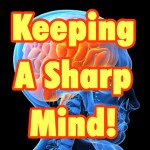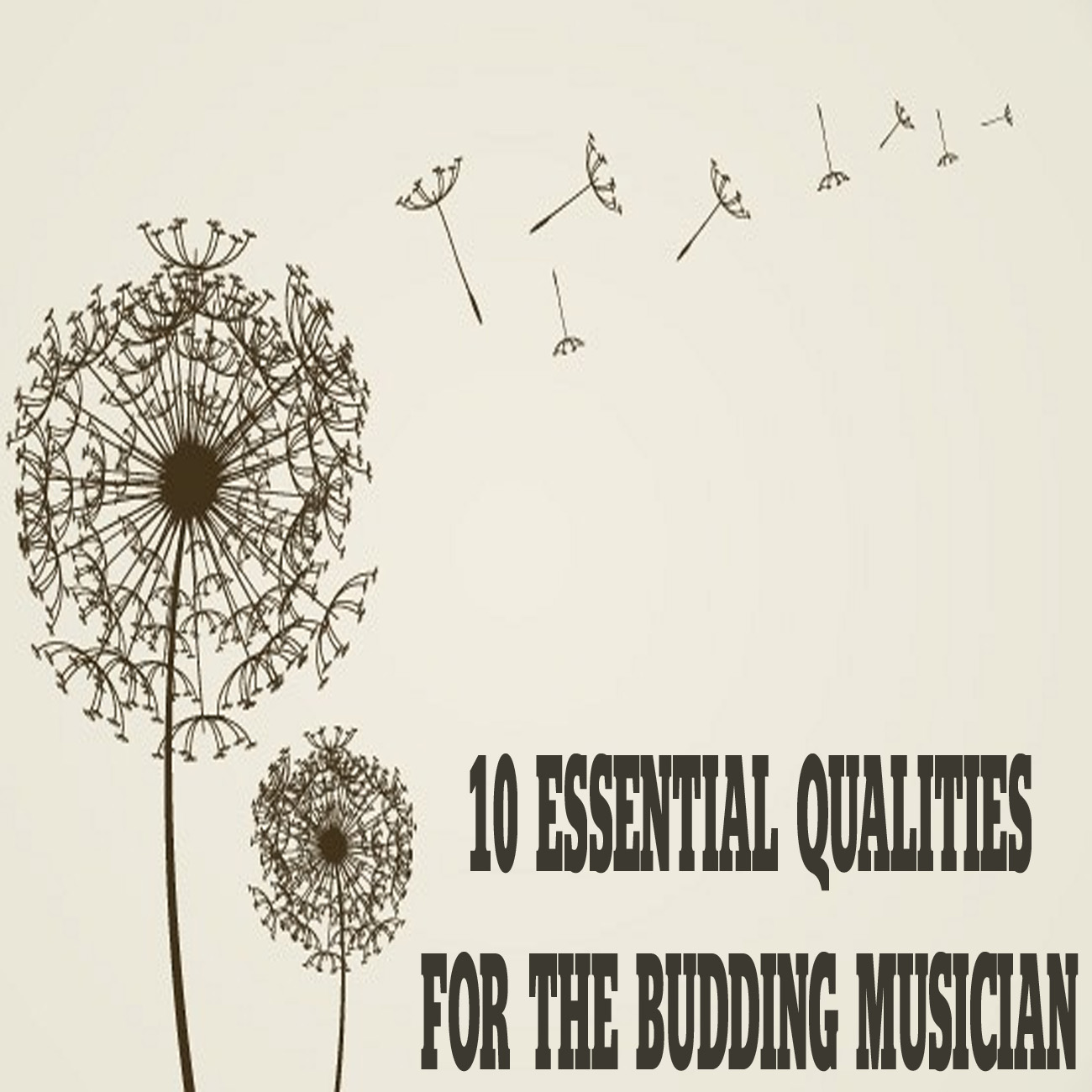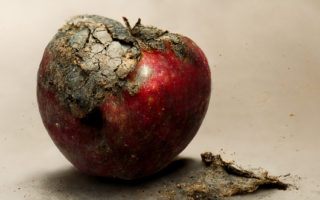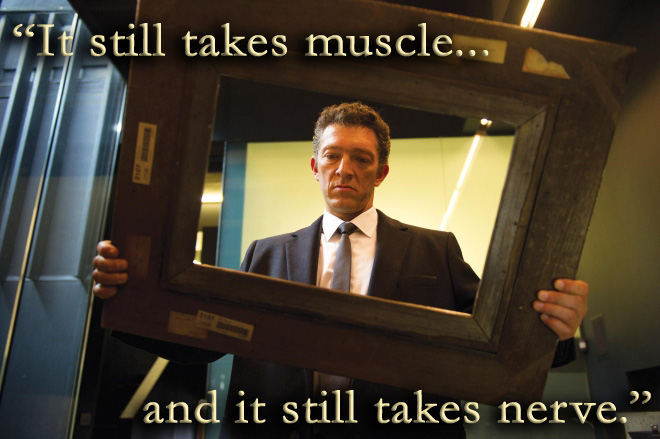Musicians! Listen up! Your mind is like a knife!
Let’s forget about your fingers, your hands, your wrists, and your feet (drummers). One of the biggest things we aim for as musicians is the perfect communication between our minds – and what we hear in it – to our hands. We want to be able to think of something to play and be able to play that instantaneously without having to figure it out. This comes not only with practice but with knowledge. Knowledge, I believe, is when you are presented with facts and you accept those facts, internalize them, and then use them in your everyday life in the form of wisdom. This is where sharpening your mind comes into play. This is how, I believe, you can sharpen your mind as a musician.
If there’s one thing I wish to impart on you this week is that every day you should be learning something. And as a musician you should take a little bit of time each day to learn something new. It can be as simple as looking something up on Wikipedia to see what something means, or it can be as strenuous as making flash cards for yourself to help you memorize where each note is at on each string. Every day gives you the opportunity to learn something new.
I remember hearing the phrase “improvising over a II-V-I pattern.” I didn’t know what this meant. Instead of accepting my ignorance I did a Google search for it and ended up reading about what a II-V-I progression is and came up with my own way to improvise over it using a looper pedal. When I got into playing the upright bass I wanted to learn the correct method of bowing so I went on YouTube and downloaded every video I could about double bass bowing. I found that it was a lot like guitar picking in that everyone basically had their own method of doing it. I was able to find my own way of bowing using some of the more accomplished techniques.
 One of the things I’m working on now is using a set of index cards to quiz myself on where certain notes are at on the strings. Now that I’m using a 7-string bass I need to become a bit more acclimated to the extra notes. One of the reasons I’m doing this is because most jazz notation and most of the scores I’m getting for the bass don’t have tab. I’m not a great sight reader so when I get a piece of music I write what the name of the note above the notation. That way it’ll be easier when I’m learning how to play it. However, it’ll be a lot quicker if I don’t have to look at it and say “Ok, that’s a mid-range G# there so that means I can play it….over here….or over here….hmmmmm.”
One of the things I’m working on now is using a set of index cards to quiz myself on where certain notes are at on the strings. Now that I’m using a 7-string bass I need to become a bit more acclimated to the extra notes. One of the reasons I’m doing this is because most jazz notation and most of the scores I’m getting for the bass don’t have tab. I’m not a great sight reader so when I get a piece of music I write what the name of the note above the notation. That way it’ll be easier when I’m learning how to play it. However, it’ll be a lot quicker if I don’t have to look at it and say “Ok, that’s a mid-range G# there so that means I can play it….over here….or over here….hmmmmm.”
Ultimately I need to know where all the notes are at on my 7-string and become a better sight reader.
 But you’re on your own journey. If you ever come across something you don’t know then you should look it up right then and there. We live in an age where most of us have the internet on our phones. So there’s no reason you can’t just look something up real quick. Did somebody mention that a certain bass has an ebonol neck? Do you not know what ebonol is? Look it up. Did someone mention a musician you’ve never heard of? Go find them on YouTube.
But you’re on your own journey. If you ever come across something you don’t know then you should look it up right then and there. We live in an age where most of us have the internet on our phones. So there’s no reason you can’t just look something up real quick. Did somebody mention that a certain bass has an ebonol neck? Do you not know what ebonol is? Look it up. Did someone mention a musician you’ve never heard of? Go find them on YouTube.
It’s like what P. Diddy said on Get Him To The Greek: “don’t be proud of your ignorance.”





